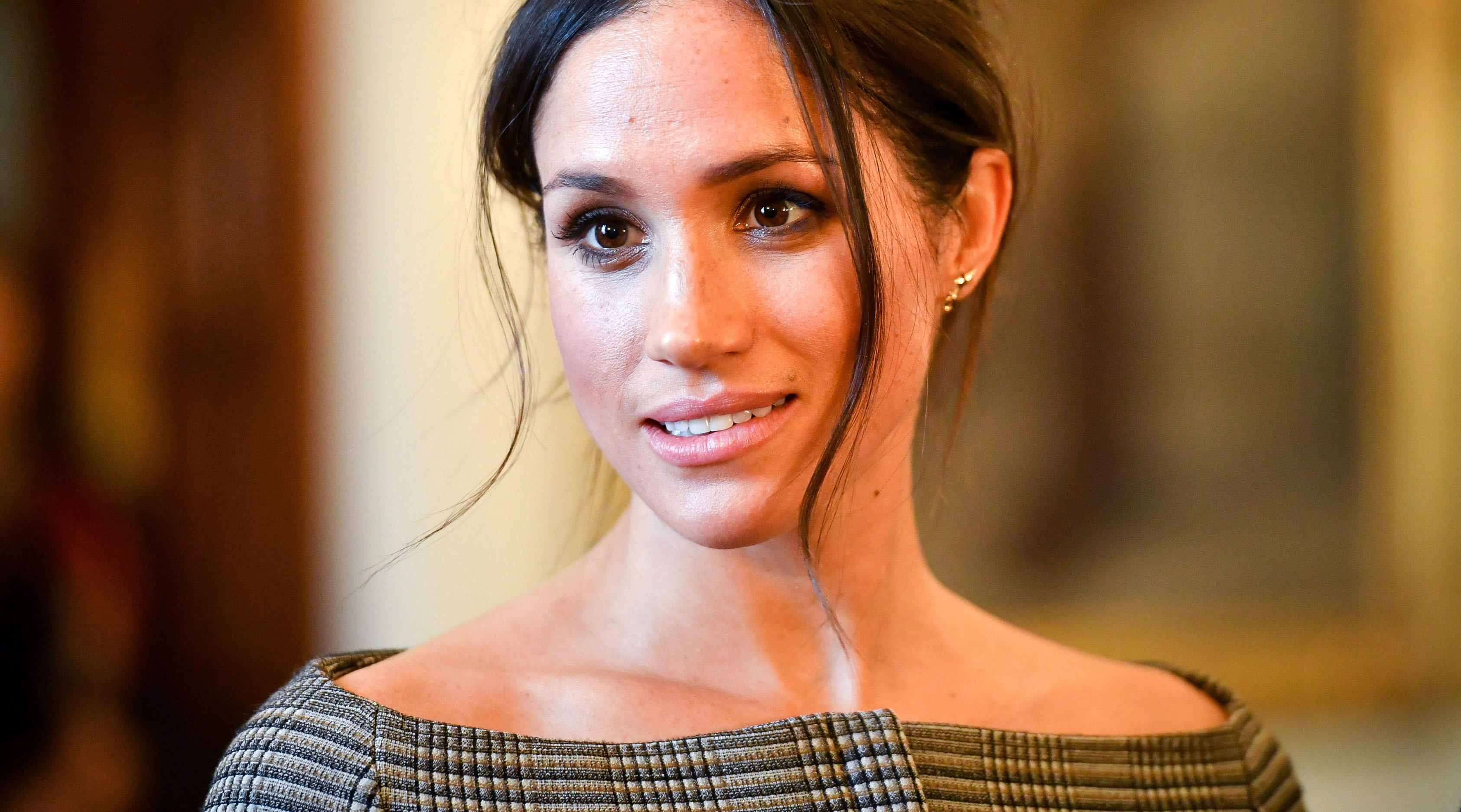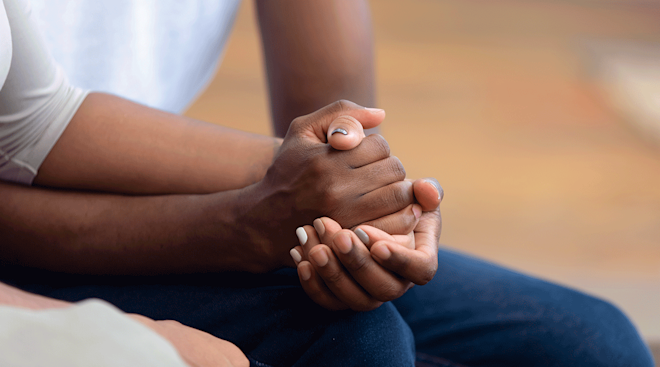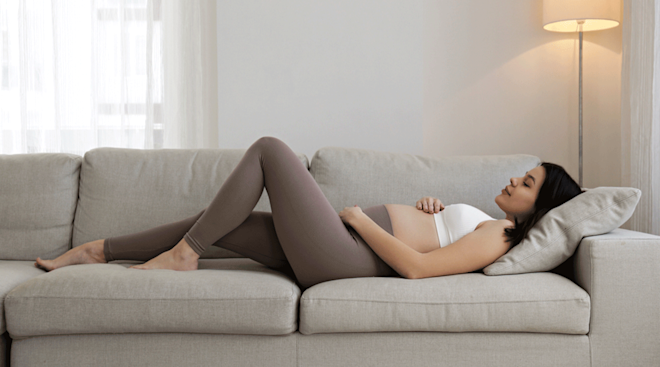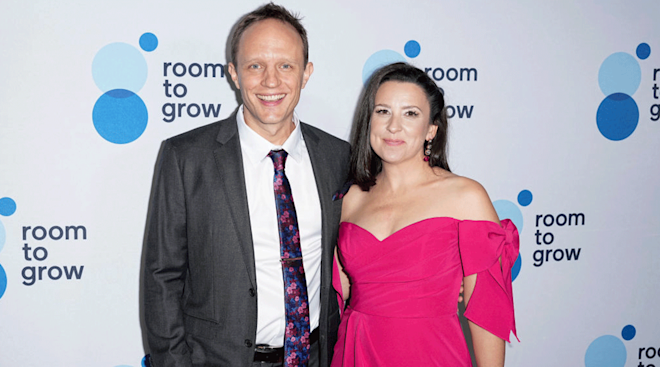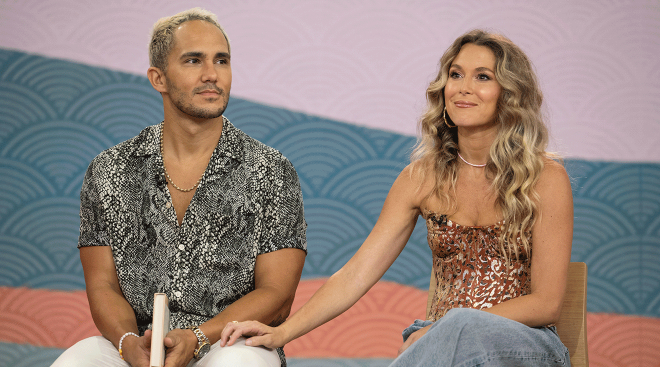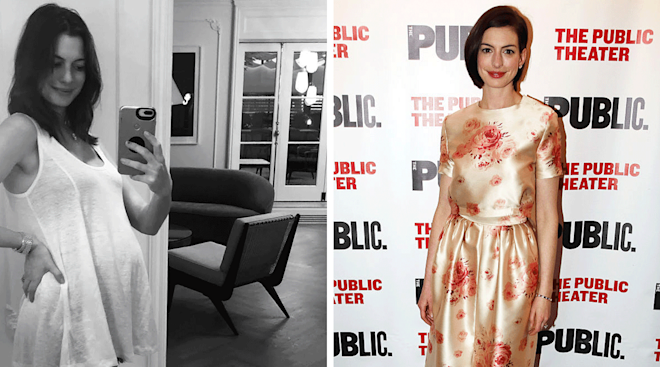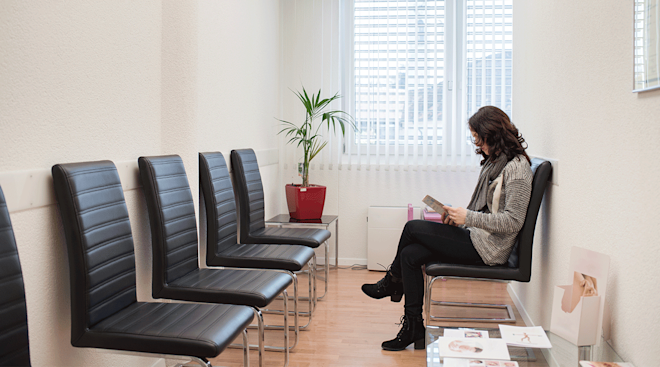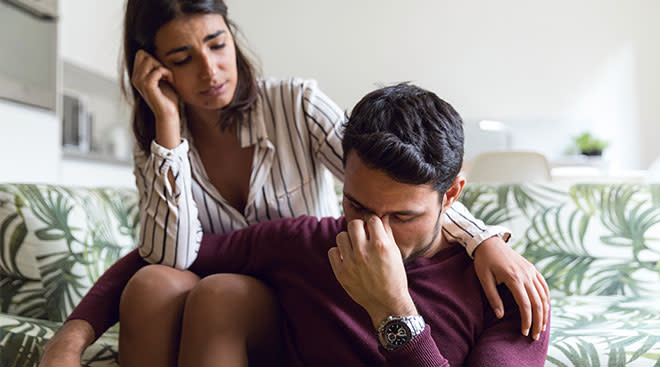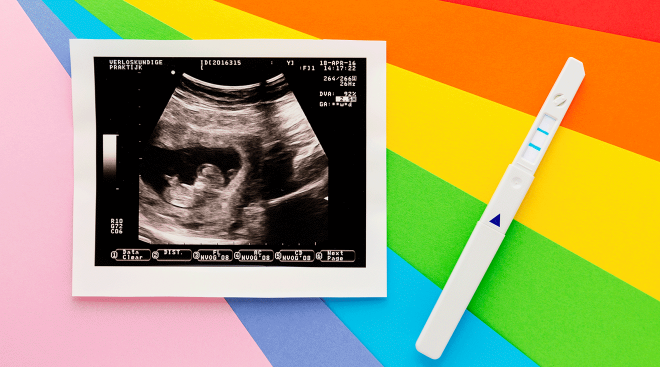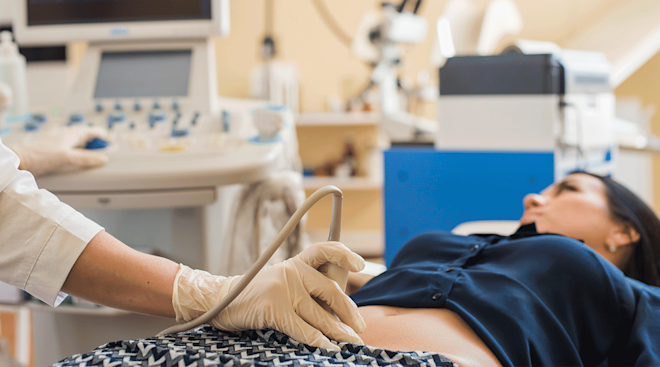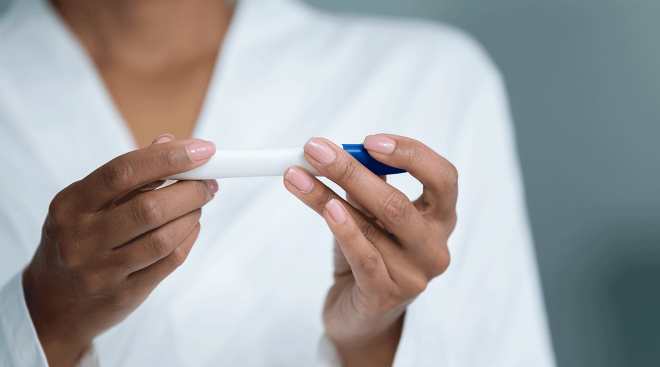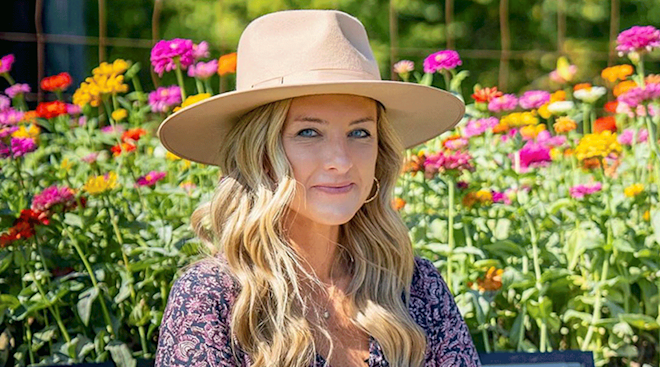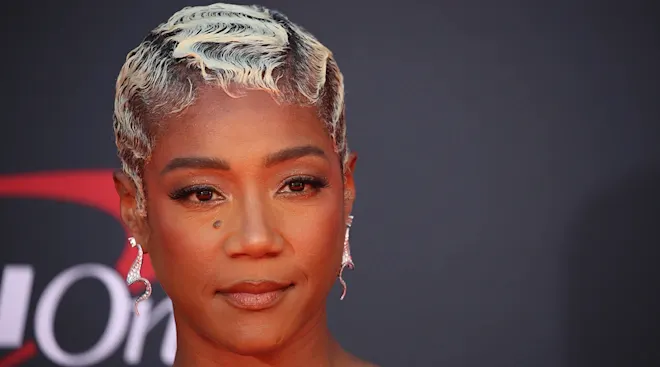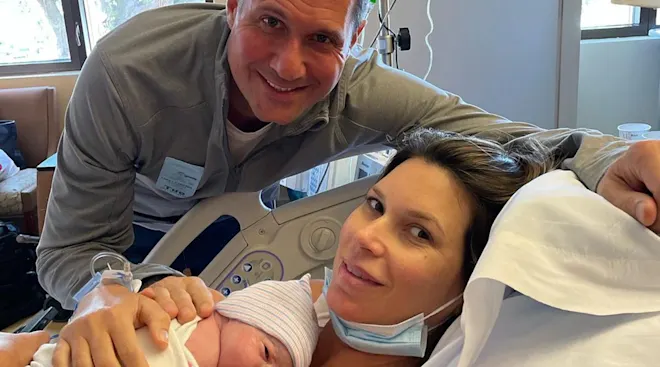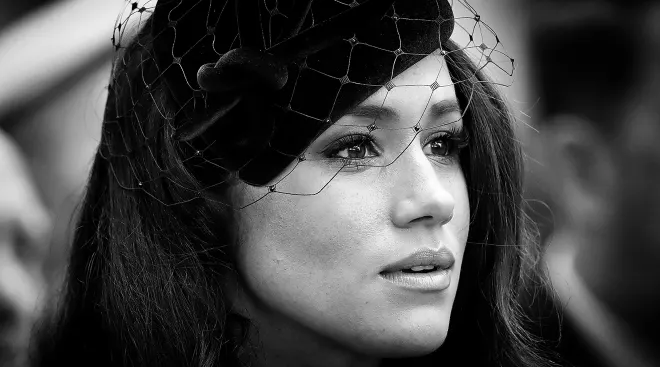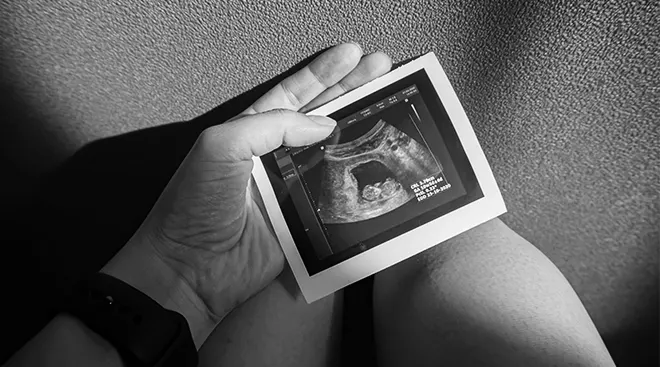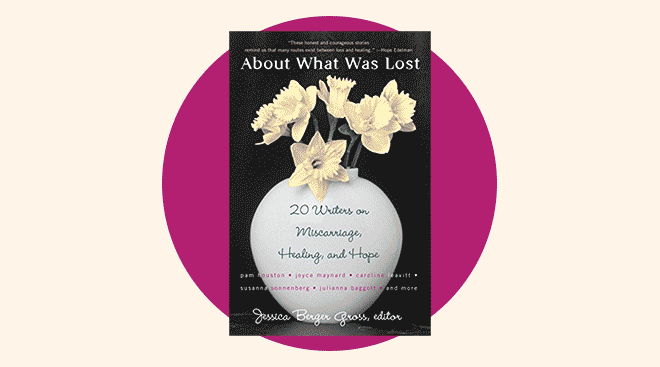Meghan Markle Shares She Suffered a Miscarriage Earlier This Year
This week, Meghan Markle revealed she suffered a miscarriage over the summer in July.
In an op-ed she wrote for The New York Times, published on November 25, Markle writes, “It was a July morning that began as ordinarily as any other day: Make breakfast. Feed the dogs. Take vitamins. Find that missing sock. Pick up the rogue crayon that rolled under the table. Throw my hair in a ponytail before getting my son from his crib. After changing his diaper, I felt a sharp cramp. I dropped to the floor with him in my arms, humming a lullaby to keep us both calm, the cheerful tune a stark contrast to my sense that something was not right. I knew, as I clutched my firstborn child, that I was losing my second.”
Markle goes on to describe her experience laying in a hospital bed and holding onto her husband’s hand, both of their eyes wet with tears. She wondered how they would heal from the experience, realizing it starts with the question, “Are you okay?”
“I recalled a moment last year when Harry and I were finishing up a long tour in South Africa. I was exhausted. I was breastfeeding our infant son, and I was trying to keep a brave face in the very public eye. ‘Are you OK?’ a journalist asked me. I answered him honestly, not knowing that what I said would resonate with so many—new moms and older ones, and anyone who had, in their own way, been silently suffering. My off-the-cuff reply seemed to give people permission to speak their truth. But it wasn’t responding honestly that helped me most, it was the question itself,” Markle writes.
She then goes on to list the numerous ways people have suffered this year, from the novel coronavirus, from the painful loss of the loved ones and from the reckoning our country faces when it comes to racial justice. She recalls one of her first memories from New York City, in which she saw a woman sobbing on the phone.
“She was standing on the sidewalk, living out a private moment very publicly. At the time, the city was new to me, and I asked the driver if we should stop to see if the woman needed help. He explained that New Yorkers live out their personal lives in public spaces. I remember him telling me, ‘Don’t worry, somebody on that corner will ask her if she’s OK,’” Markle continues, adding, “Now, all these years later, in isolation and lockdown, grieving the loss of a child, the loss of my country’s shared belief in what’s true, I think of that woman in New York. What if no one stopped? What if no one saw her suffering? What if no one helped? I wish I could go back and ask my cabdriver to pull over. This, I realize, is the danger of siloed living—where moments sad, scary or sacrosanct are all lived out alone. There is no one stopping to ask, Are you OK?’”
She continues, “Losing a child means carrying an almost unbearable grief, experienced by many but talked about by few. In the pain of our loss, my husband and I discovered that in a room of 100 women, 10 to 20 of them will have suffered from miscarriage. Yet despite the staggering commonality of this pain, the conversation remains taboo, riddled with (unwarranted) shame, and perpetuating a cycle of solitary mourning. Some have bravely shared their stories; they have opened the door, knowing that when one person speaks truth, it gives license for all of us to do the same. We have learned that when people ask how any of us are doing, and when they really listen to the answer, with an open heart and mind, the load of grief often becomes lighter…In being invited to share our pain, together we take the first steps toward healing.”
She ends her essay on the note of reaching out to others this holiday season and making it a priority to ask them if they’re okay. “As much as we may disagree, as physically distanced as we may be, the truth is that we are more connected than ever because of all we have individually and collectively endured this year,” she writes.
“We are adjusting to a new normal where faces are concealed by masks, but it’s forcing us to look into one another’s eyes—sometimes filled with warmth, other times with tears. For the first time, in a long time, as human beings, we are really seeing one another. Are we OK? We will be.”
Please note: The Bump and the materials and information it contains are not intended to, and do not constitute, medical or other health advice or diagnosis and should not be used as such. You should always consult with a qualified physician or health professional about your specific circumstances.
Navigate forward to interact with the calendar and select a date. Press the question mark key to get the keyboard shortcuts for changing dates.

































